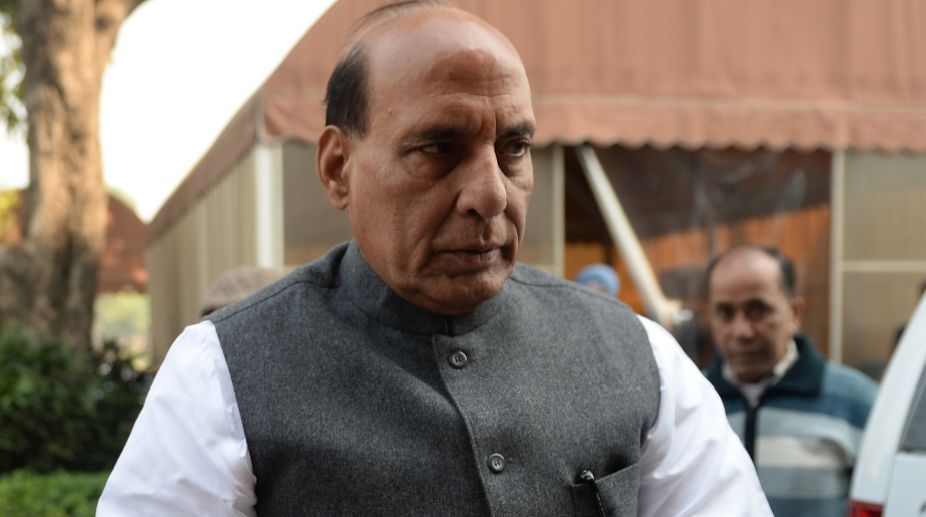The name of Rajnath Singh is unlikely to figure in any list of Indian security experts or strategic analysts (some of them self-styled?), yet the union home minister has emphasised a profound but often ignored reality ~ the role the local populace in border regions can play in preserving the nation’s territorial integrity.
During his recent visit to remote border outposts on the Uttarakhand-Tibet front, the minister called for upgrading the development effort to prevent people from migrating to urban areas in their quest for a better life.”They are a strategic asset to us, we have to give due importance to them.
Advertisement
Make border people your friends, win their trust and confidence,” he advised personnel of the Indo-Tibetan Border Police (ITBP), promising to ensure enhanced funding for Border Area Development Programme that deals with constructing roads, building bridges etc; but also called upon the ITBP to undertake civic action projects on its own, catering to specific local requirements.
He also assured ITBP personnel he would work on cheaper cell-phone rates so that they remain in contact with their families ~ a major morale booster in the prevailing environment which has seen a sea-change in family relations when compared with the days before mobile-telephony revolutionised “connectivity”.
It is a sad reality that the security forces deployed along the national frontiers generally have very limited interaction with the local communities, hence an “outsider” tag attaches itself to them. It is an open secret that there is only token cooperation between the Central forces (military and paramilitary) with whatever little “police” exists in the area ~ thus a vacuum is created.
Yet the populace can prove valuable “eyes and ears”, assist the forces by providing intelligence inputs ~ apart from manpower for implementing other “works”. At times the locals are treated shabbily: as were the nomadic shepherds who were ridiculed and chased away when they alerted the Army to “intruders”, well before it was accepted that defences at Kargil had been breached by Pakistan’s Northern Light Infantry in 1999.
It is true that conditions are not the same all along the frontier, some situations are problematic if not hostile, but what the home minister said remains valid: for both the Army and the paramilitary. Comparisons are never ”comfortable” but it must be noted that while on her trip to forward areas in J&K and Ladakh, Mrs Nirmala Sitharaman, praised the state police, but her overlooking the local populace ~ probably because the Army never “briefed” her on all ground realities ~ added to the sense of alienation that fosters an empathy for militants.
The short point being that national defence is more than a military or paramilitary exercise. Full marks to Mr Rajanth Singh for driving that point hard ~ security does indeed begin at “home”.











